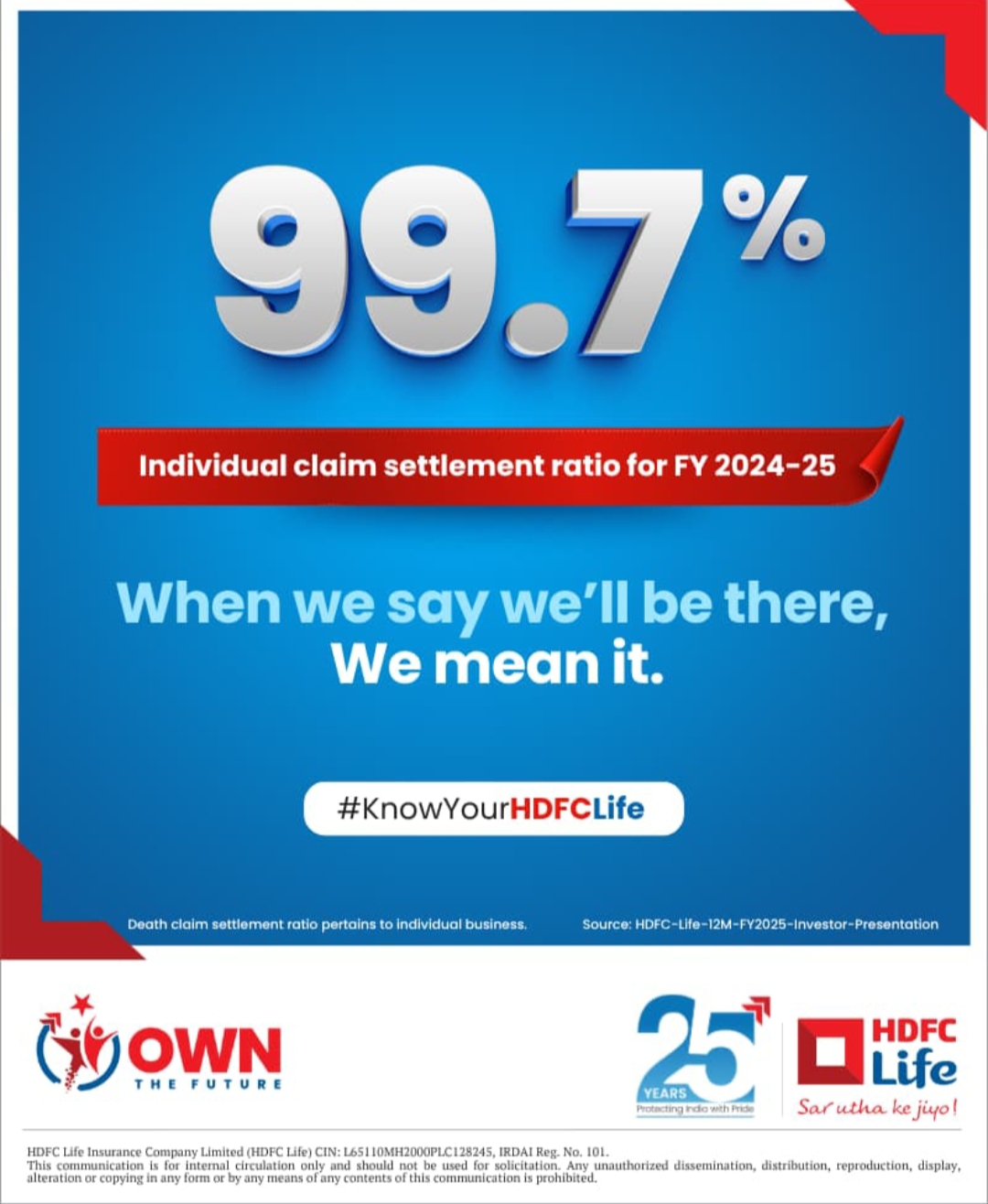Freelancers and Taxes, Freelancing has become the career of choice for millions around the world, offering flexibility, creative freedom, and the ability to work with clients across borders. But as the freelance economy grows, so do the complexities of managing taxes—especially in 2025, as new global regulations and digital tax systems take effect. Understanding how to handle your taxes as a freelancer is essential for staying compliant, maximizing your income, and avoiding costly mistakes.
The Changing Landscape of Freelance Taxation
In 2025, tax authorities worldwide are tightening rules around digital work and cross-border payments. Governments are increasingly focused on tracking freelance income, especially as remote work blurs national boundaries. Many countries now require digital platforms to report freelancer earnings, making it harder to fly under the radar. For freelancers, this means greater transparency—but also more responsibility.
Understanding Your Tax Status as a Freelancer
As a freelancer, you are typically classified as self-employed or as running a small business, depending on local laws. This means you are responsible for reporting all your income, whether it comes from local or international clients. Keeping detailed records of every payment, invoice, and expense is crucial. Digital payment platforms, such as PayPal or Stripe, often provide transaction histories that can help with this, but it’s wise to maintain your own spreadsheets or accounting software as well.
Choosing the Right Tax Regime
Many countries, including India, now offer freelancers a choice between different tax regimes. The new tax regime, introduced in recent years, offers lower tax rates but fewer deductions, while the old regime allows for a variety of deductions and exemptions. Deciding which regime suits you best depends on your income level and the nature of your expenses. If you have significant business expenses—like equipment, rent, or travel—the old regime might offer greater savings. On the other hand, if your expenses are minimal, the new regime’s simplicity and lower rates could be more appealing.
Advance Tax and Estimated Payments
One of the most important responsibilities for freelancers is paying advance tax. If your annual tax liability exceeds a certain threshold (for example, ₹10,000 in India), you are required to pay your taxes in installments throughout the year. Missing these payments can lead to interest charges and penalties, so it’s essential to estimate your income and set aside funds regularly. Many freelancers find it helpful to consult a tax advisor or use online calculators to plan their payments.
TDS and Withholding Taxes
Tax Deducted at Source (TDS) is another key aspect of freelance taxation. Clients may deduct a percentage of your payment as tax before transferring the funds to you, especially if payments exceed certain limits. Always request and keep TDS certificates, as these can be used to claim credit when filing your tax return. If you hire subcontractors or other freelancers, you may also be responsible for deducting and remitting TDS on their payments.
GST and Indirect Taxes
If your freelance income crosses the prescribed threshold (such as ₹20 lakh in India), you may need to register for Goods and Services Tax (GST) or its equivalent in your country. This means charging GST on invoices, filing regular returns, and maintaining proper records. International clients may be exempt from GST, but it’s important to understand the rules to avoid compliance issues.
Dealing with International Clients
Working with clients in different countries brings additional tax considerations. You may need to report foreign income, comply with double taxation agreements, and manage currency conversions. Some countries require freelancers to declare all global earnings, while others have specific rules for foreign-sourced income. Keeping up with these regulations is vital, especially as tax authorities increase scrutiny of cross-border work.
Filing Returns and Staying Compliant
The deadline for filing tax returns varies by country, but it’s usually mid-year. E-filing is now standard in most places, and you may need to verify your return electronically using government-approved methods. Always double-check your income, deductions, and credits before submitting, and keep copies of all supporting documents for future reference.
Final Thoughts
Freelancing in 2025 offers incredible opportunities, but it also demands a proactive approach to taxes. By staying organized, understanding new global rules, and seeking professional advice when needed, you can navigate the evolving tax landscape with confidence—and focus on growing your freelance business.


Leave a Reply